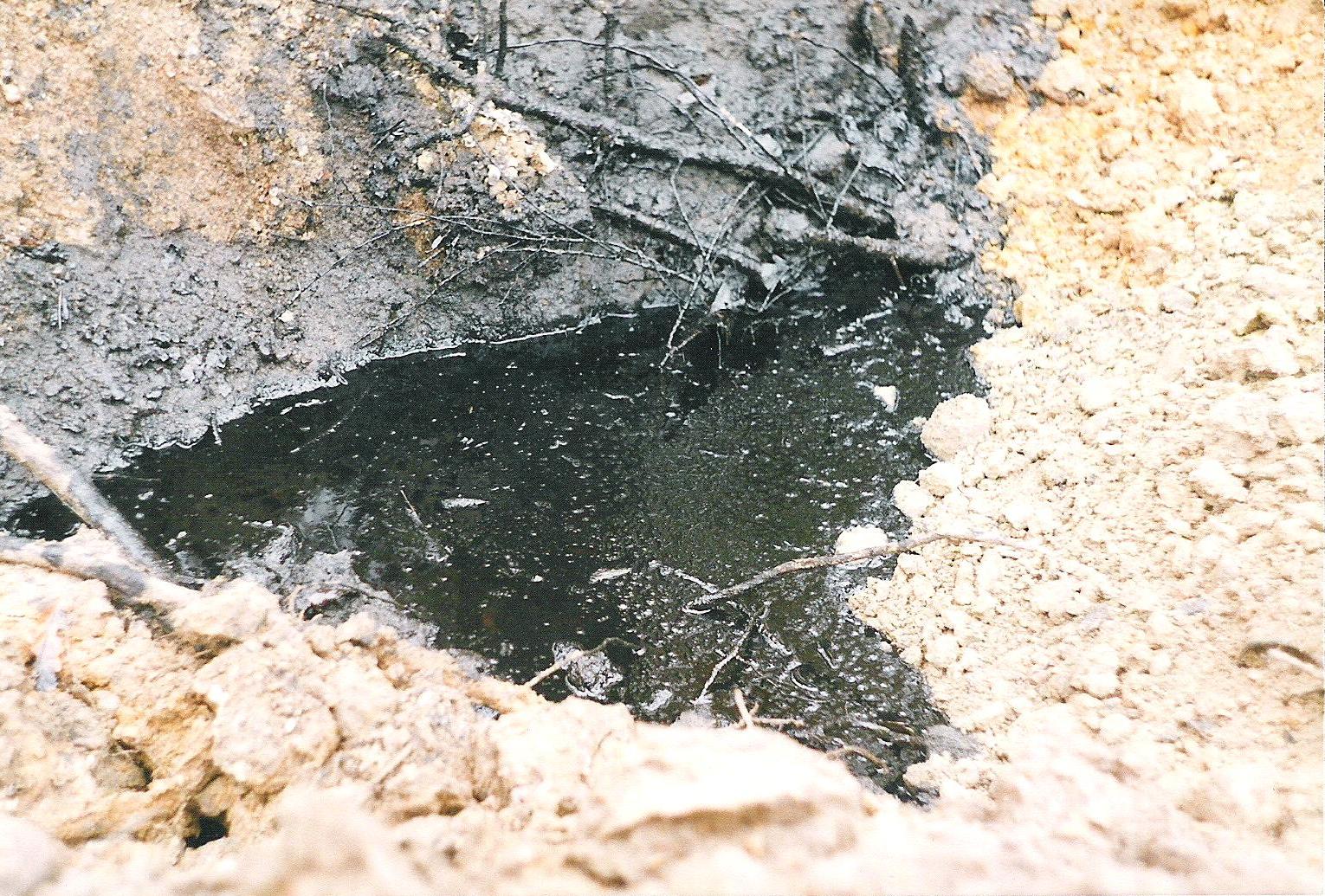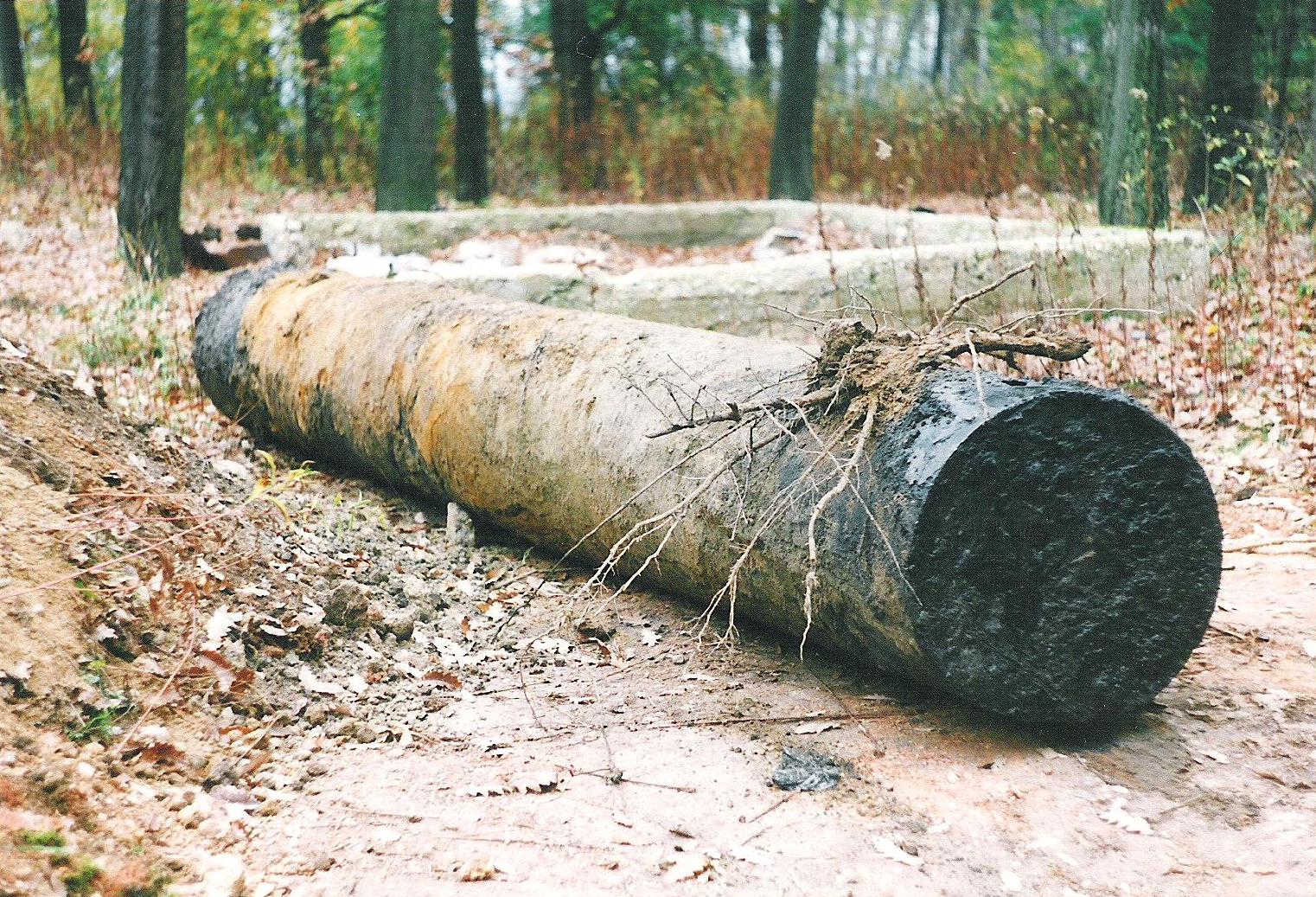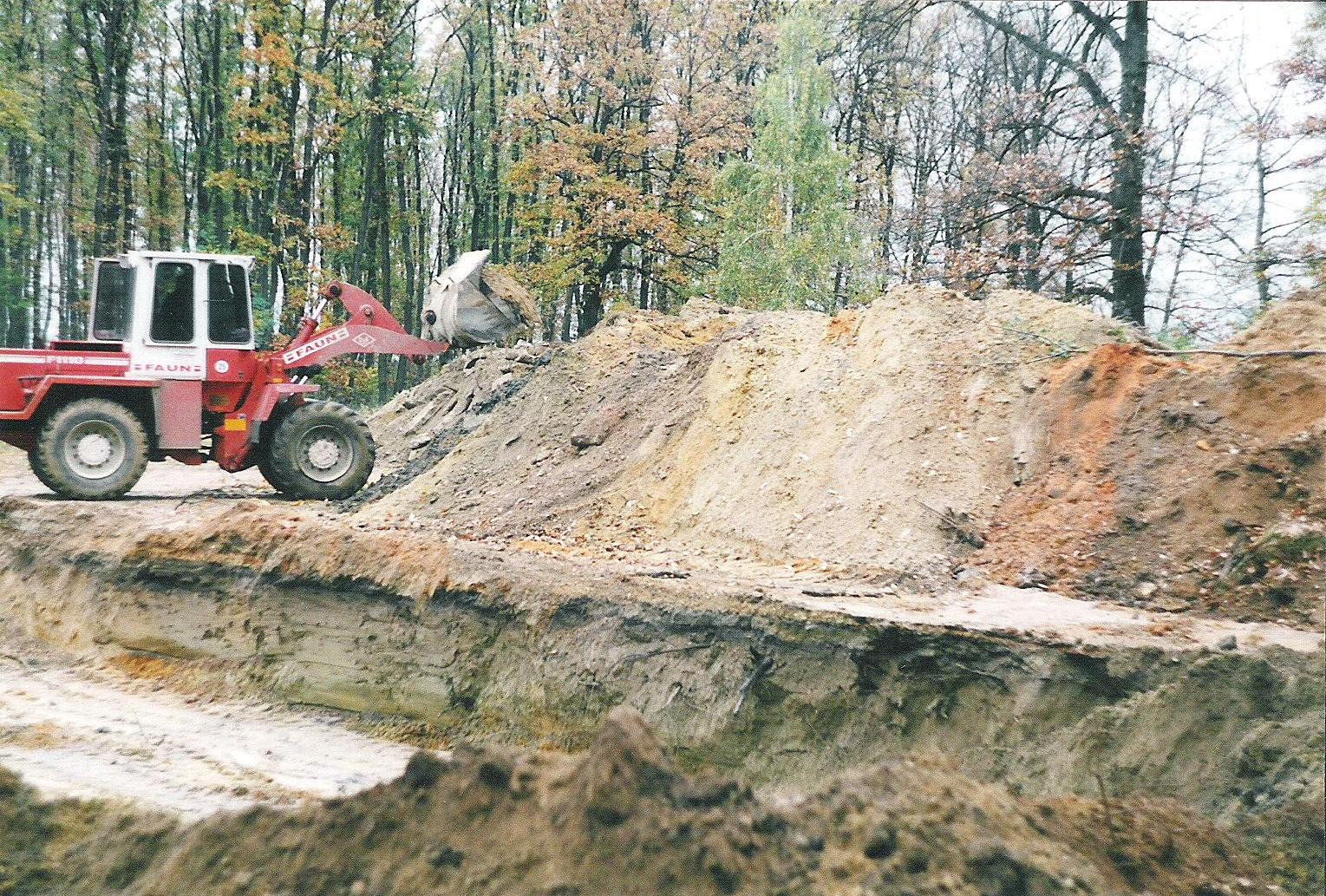
Elérhetőségeink
Cím: 8300 Tapolca, Kossuth u. 2.
Telefon/Fax: 87/413-569
Email: titkarsag@elmolight.hu
Telephely nyitvatartása: hétfőtől-péntekig 7-15 óráig
Handling of dangerous waste containing oil
Basis of the oil removal technology
The technology is based on the principle that there are such microorganisms which can utilize hydro-carbons (TPH, PAH, benz-a-piren, B-tex, etc.) as alternative sources of carbon for their vital functions.

During the decomposition process, the microorganisms will decompose the longer carbon chain aliphatic and aromatic hydrocarbons to simpler compounds (e.g. organic acids), with CO2, water and heat being released. After that, in the second phase of the process humus molecules of more complicated structure will be produced through polymerization and condensation.

This process can be made controlled and quicker by adding inoculants consisting of specific hydrocarbon decomposing microorganism strains and proper auxiliary substrate.
The inoculants distributed by Elmolight Bt are mixed cultures of GMO-free microorganisms isolated from the nature, selected for hydro-carbon decomposing ability, reproduced artificially and packaged on a solid carrier which are suitable for decomposing aliphatic, alicyclic and aromatic hydrocarbons. The inoculants do not contain any microbe, substance dangerous to the human and nature.

Characteristics of the inoculants:
Solid-phase preparation:
Carrier: Biomass-Kappa solid-phase inoculants
Useful germ number: 3-5 x 107-109/g
Distribution: without restriction: in bulk, or 50 l (33 kg) PE bags
Specific weight: 0.6 kg/l
Consistence: dark brown, slight aromatic flavoured, fine grain organic material, not liable to compaction.
Liquid-phase preparation (for in situ works):
- thick ferment liquid of medium viscosity, dilutable with water without agglutination (aggregation).
Useful germ number: 4 x 1011/g
Usage: without refrigerating in 48 hours.
In addition to the source of carbon (e.g. oil), other conditions must also be provided for the optimum vital functions of the microorganisms constituting the inoculants:
- Optimum C/N ration: 25:30
- Nutrient supply (N, P, K, macro-, microelements)
- Oxygen (18 % of the closed air)
- Moisture: 40-60 %
- Appropriate temperature: 15 - 40 oC
The inoculants can be used in a technology applying any such technical solution which in addition to the provision of the above conditions is also suitable for homogenous mixing of the materials. The C:N ration and the nutrient supply as well as the higher prism temperature can be ensured for example by adding compost having high cellulase activity in ration of 10-15 %.
The O2 content can be ensured by the regular turning up of the soil to be neutralized.
If necessary, the moisture content can be maintained through watering the escaped water and rainwater collected from the area.
Beyond the external circumstances, the optimum temperature depends on the intensity of decomposition since the process produces heat so intensive decomposition may occur even at an external temperature of around 0oC.
Production of inoculants
The inoculants Biomass Kappa-O are produced by our company and supplied to the Client on a solid-phase carrier.
If the inoculants are not immediately used, it is necessary to turn up the inoculants every two weeks during the storage and mix to it 0.2 v% gas oil each month. With the proper handling, the inoculants can be stored for 2-3 months.
Inoculation of the contaminated soil
The soil supplied for the treatment should be mixed in the place of the treatment with 10 v% compost of high nutrient content, high lingo-cellulose content. Compost made of communal sewage sludge or medium mature organic manure can be used for his purpose.
If the moisture content of the supplied soil is lower than 40-50 m%, it is necessary to dampen the deposed soil; it must be controlled with a mobile instrument, e.g. instrument of TRIME-HD type. During the deposition of the contaminated soil, it must be mixed with 5 v% Biomass-Kappa-O inoculants and the stockpile of 2.5-3 m wide and 1.5-2 m high must be formed in such a way.
Turning up
In order to ensure the life conditions of the decomposing microorganisms and the proper speed of decomposition, the inoculated stockpiles must be tuned up every two week by means of a front-end loader or a loader. The tuning-up must be performed even if the stockpile temperature reaches or exceeds 50oC. During the turning-ups, the soil moisture content must be controlled; in case of any doubt, to be controlled in a laboratory. Above 60 m% dry content, it is necessary to dampen the stockpile which can be done by means of the escaped water and rainwater collected from the area.
Control of the decomposition
After three months, during the next turning-up, three pieces of average sample received from the treated stockpile by the summary of 10-15 point samples must be sent to the laboratory for the purpose of performing the TPH tests. The process of decomposition can be monitored on the basis of the test results.
According to the domestic regulations, if the contamination threshold of the treated material decreases below TPH content of Ci=C3=3.00 mg/kg, then the treatment can be considered as completed. If the neutralized material is placed on an insulated waste bank, then no further treatment is necessary.
More than 50.000 m3 soil contaminated with hydrocarbon has been neutralized so far by means of our technology.